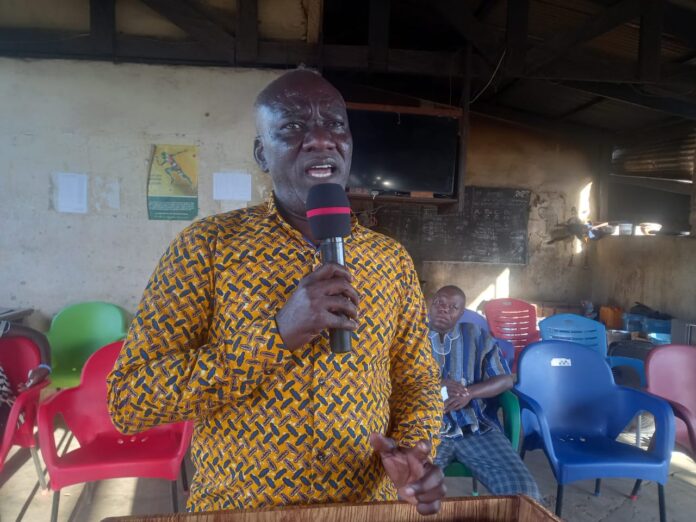The Upper East Regional Director of the Commission on Human Rights and Administrative Justice,(CHRAJ) Lawyer Abdullai Jalaldeen has described as disgraceful, Ghana’s delay in passing the Affirmative action Bill.
According to him, it is surprising that people in the 1960s saw the need for inclusion and passed the affirmative action Bill that led to the selection of women into the national assembly but same cannot be said about the country today as it struggles to give life to the Affirmative Action Bill.
“As a country, we should bow down our heads in shame. For that long time, our old old parents we call old aged people were able to pass a law and yet we who claim to know more than them are not able to do it. It means that they are better than us to say the least. I don’t know what parliament is doing,” he stated.
Recognising that women’s political participation is an essential ingredient of democratic culture and social justice, Ghana had legislated an Affirmative Action Act―The Representation of the Peoples Act of 1959― which allowed 10 women unopposed to represent the administrative regions of the country in the National Assembly (Parliament) in 1960.
Since 1998, after the turbulence of military interventions which abrogated the 1960 Affirmative Action law, renewed efforts to promulgate an AA Law in Ghana have not yielded positive results.
The policy guidelines of 1998 called for at least 40% representation of women in appointments to the public service, committees and boards, among others.
It would be recalled that In 2011, through the Ministry of Gender, Children and Social Protection, in collaboration with other stakeholders, attempts were made to promulgate an Affirmative Action Law for Ghana.
This led to the drafting of a Bill, which is awaiting passage into law. The final draft of the Bill had received cabinet approval in 2016, but was not tabled in Parliament, and, therefore, did not reach the consideration stage before the end of the 6th Parliament of the 4th Republic.
An Affirmative Action Law is required to provide opportunities for the marginalised to play a meaningful role in national development.
It is on this score that that the Upper East Regional Director of CHRAJ finds the delay in passing the Bill into Law as shameful.
He is blaming the long delay in getting the bill passed on lacking of commitment and interest by many Ghanaians and leaders.
“When you get NPP parliamentarians, ask them. They’ll give very good reason they haven’t done and when NDC people come, they will give very good reason when they come they will do it. Whom are we then deceiving? We have passed bills in Parliament under certificate of urgency?”
He added, “We have allowed the education of this bill to women’s groups. So men think that women are fighting to get more power into dominating over men and because of that, it is sitting. In a parliament of 275, only about 40 are women.
If we even that it was power imbalance so women should talk for themselves. How can 40 women shout against 235? Who will hear the voice of the women? So it means consciously, we have to do something to have this bill passed once and for all”.




